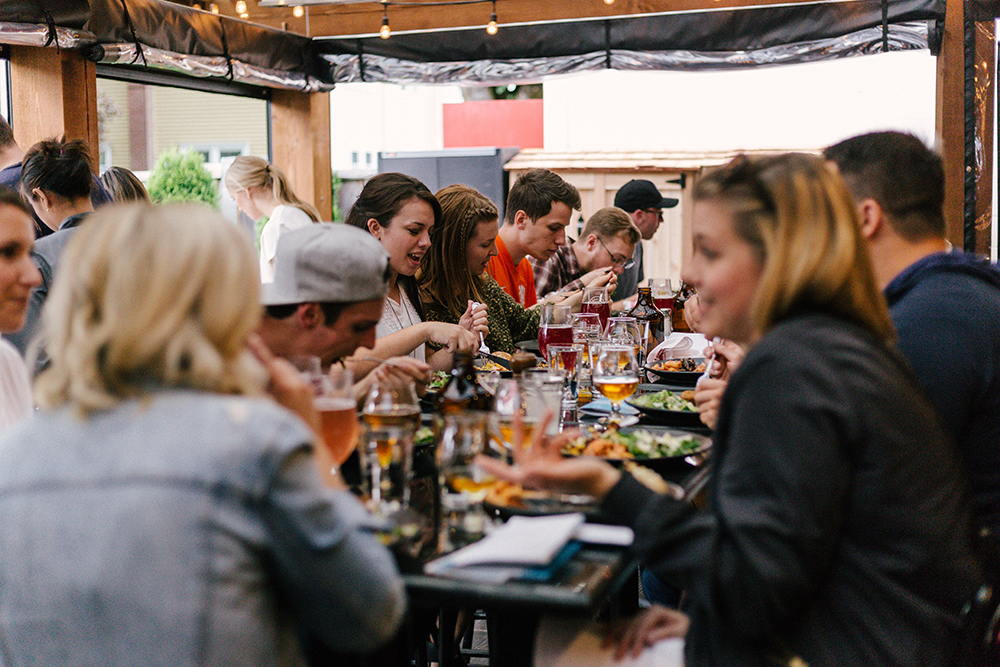
Image copyrightPeter Summers/Getty ImagesImage caption
Boris Johnson is expected to announce the alert system when he addresses the country on Sunday
A Covid-19 alert system is set to be launched by the government in England to track the virus, the prime minister is expected to announce on Sunday.
The system will rank the threat level from coronavirus on a scale of one to five and be adjusted according to data.
Boris Johnson is due to update the UK on the progress of lockdown measures in a televised address at 19:00 BST.
The PM is expected to unveil a new slogan, telling the public to “stay alert, control the virus, save lives”.
He is not expected to provide exact dates for when the restrictions – first announced on 23 March – might change.
The new system will apply to England only but the government is working with the devolved administrations as they develop their own.
It is understood the system – with alerts ranging from green (level one) to red (level five) – will be similar to the one used to keep the public informed about the terror threat level.
New slogan ‘needs clarity’
Communities Secretary Robert Jenrick told Sky’s Sophy Ridge on Sunday: “At the moment we believe the country is at four on a scale of five, with five being the most concerning. And our aspiration is to bring that down as swiftly as we can to three.”
He said it was right to “update and broaden” the message to the public from “stay at home” to “stay alert”.
“I think that’s what the public want and that they will be able to understand this message, which is that we should be staying home as much as possible but when we do go to work and go about our business we need to remain vigilant, we need to stay alert,” he added.
Shadow health secretary Jonathan Ashworth said the government’s new “stay alert” slogan is risky because the virus “thrives on ambiguity”.
“We need absolute clarity from Boris Johnson. There’s no room for nuance in this,” he told Ridge’s programme.
The alert tool – to be administered by a new “joint biosecurity centre” – will reflect the virus threat in different parts of the country, meaning the threat level in one city could differ quite widely from another.
This could inform the local alteration of restrictions in England.
A meeting of the government’s Cobra emergency committee involving the cabinet, devolved nations and the mayor of London will be held before Mr Johnson’s televised address on Sunday evening, with the plans to be put before Parliament on Monday.
The UK government’s new slogan is part of moving into the next phase of the response to coronavirus.
Staying at home where possible will remain part of the strategy. But some are worried the new campaign is ambiguous and muddies the water.
The Scottish government has made it clear it won’t be following suit and will keep the original slogan – stay at home, protect the NHS, save lives.
So from tomorrow, the messaging could be different in different parts of the UK.
The prime minister is set to warn the nation that the UK is entering the most “dangerous” phase of the battle against the virus, according to the Sun on Sunday.
He told the paper: “Mountaineers always say that coming down from the peak is the most dangerous bit. That’s when you’re liable to be over-confident and make mistakes… you have to make sure you don’t run too fast, lose control and stumble.”
‘Best protection is your front door’
Prof Jason Leitch, national clinical director for the Scottish government, told BBC Breakfast he “can’t explain” what the prime minister’s revised message of “stay alert” means.
Prof Leitch reiterated what First Minister Nicola Sturgeon said earlier this week – that the key message for Scotland “remains ‘stay at home'” – and added: “I think the messaging is really important…. the best protection for this virus is your front door. There isn’t any question about that.”
On Saturday, Transport Secretary Grant Shapps warned the government would proceed with “extreme caution” when lifting lockdown measures.
Media caption”Public transport cannot go back to where it left off” – Transport Secretary Grant Shapps
Speaking at the daily coronavirus press conference Mr Shapps said the move beyond Covid-19 would not be “a single leap to freedom” as he pledged £250m to improve cycling and walking infrastructure across England in the coming weeks.
Alert over protective goggles
Meanwhile, a model of protective goggles is being withdrawn from hospitals and care providers because they do not meet standards for coronavirus settings, the government has said.
A Department of Health and Social Care spokeswoman told the BBC it had issued an alert advising against the use of “Tiger Eye protectors” in clinical settings related to Covid-19.
The goggles were bought in 2009 and are now being removed from the supply chain, the spokeswoman added.
“The safety of health, care and all frontline staff is our top priority… we are arranging replacement stock for trusts who need immediate supply,” she said.
Some 15 million goggles have been recalled, according to the Sunday Telegraph.
In other developments:
- The Department of Health has confirmed 50,000 coronavirus test samples were sent to the US earlier this week after problems in UK laboratories. It comes as the government failed to hit the 100,000 daily testing target for the seventh day running
- More than 70 public figures – including Baroness Doreen Lawrence and author Malorie Blackman – are calling for a full independent public inquiry into deaths from Covid-19 among people from ethnic minority backgrounds
- The Prince of Wales has hailed the “dedication, resilience and hard work” of Britain’s postal workers during the pandemic. Charles left a letter addressed to “Everyone at Royal Mail” outside his home in Birkhall, Aberdeenshire
- Decisions on which shops reopen after lockdown should be based on safety, not their size or business type, a retail chief has told the BBC
- Religious leaders have warned that social distancing will be impossible in some places of worship if government ministers allow them to reopen – with one leader saying churches might not return to normal services before the end of the year
- Another 346 UK coronavirus deaths were recorded on Saturday, taking the total to 31,587
How have you been affected by the pandemic? Tell us about your experience by emailing haveyoursay@bbc.co.uk.
Please include a contact number if you are willing to speak to a BBC journalist. You can also contact us in the following ways:





More Stories
All the reaction from the Premier League, plus FA Cup first-round goals.
Company co-founder Josh Giegel and Sara Lucian are the first people in history to ride in a Hyperloop.